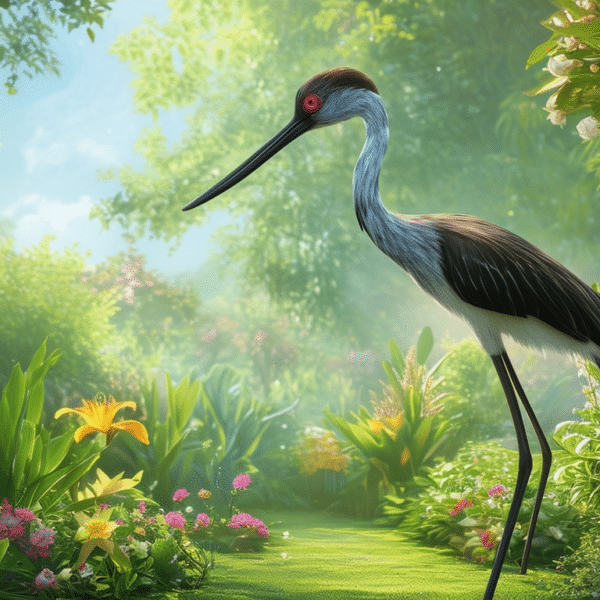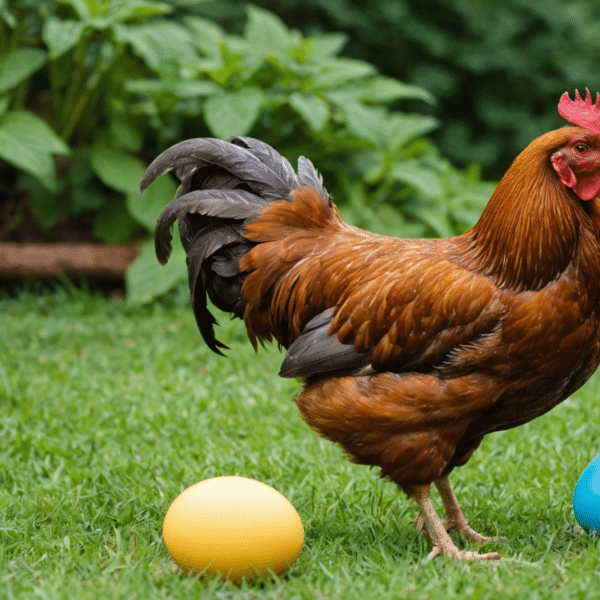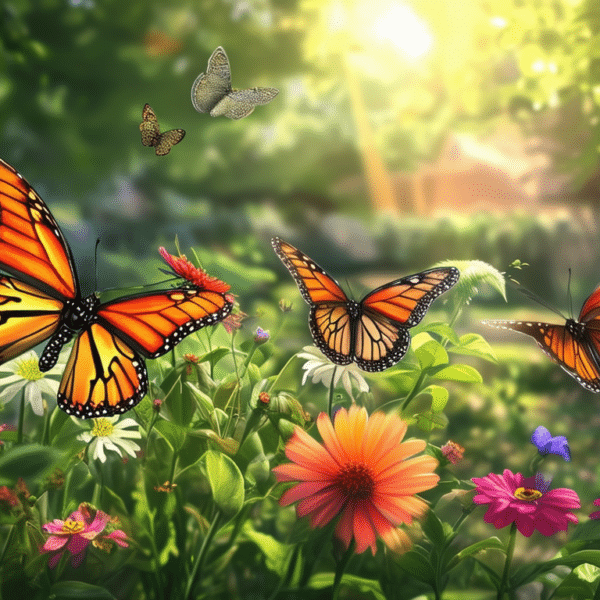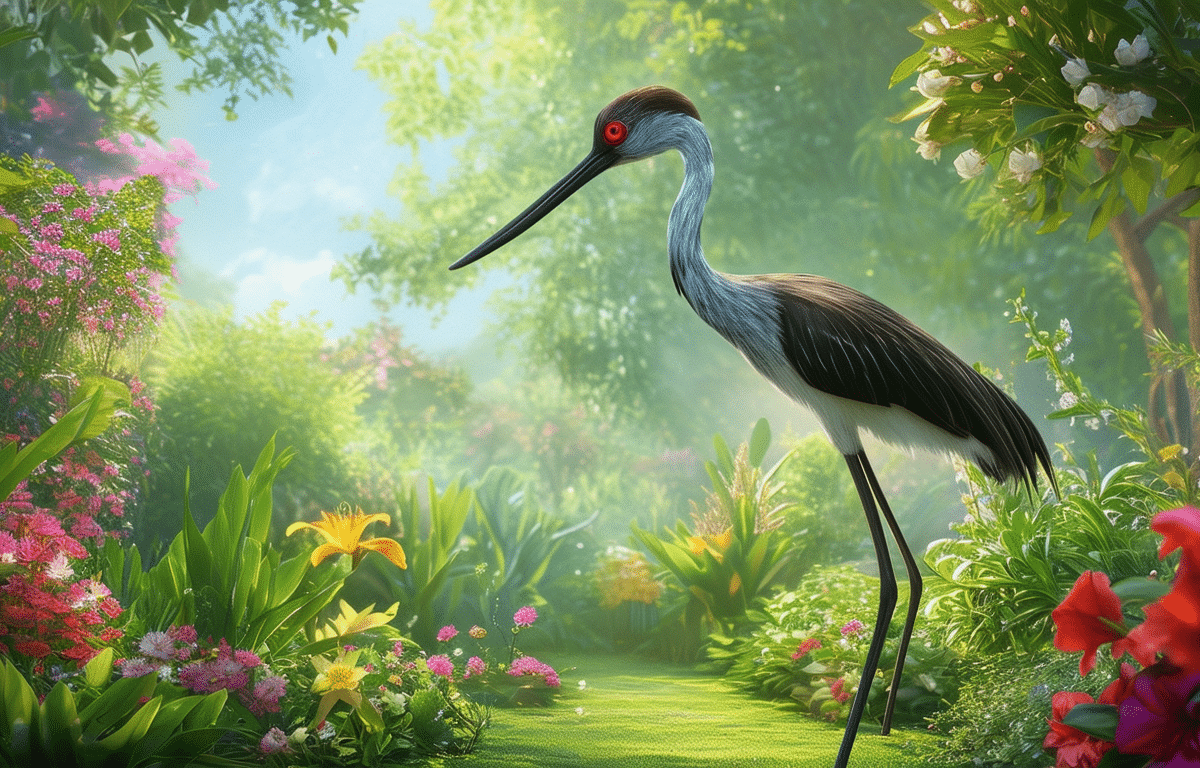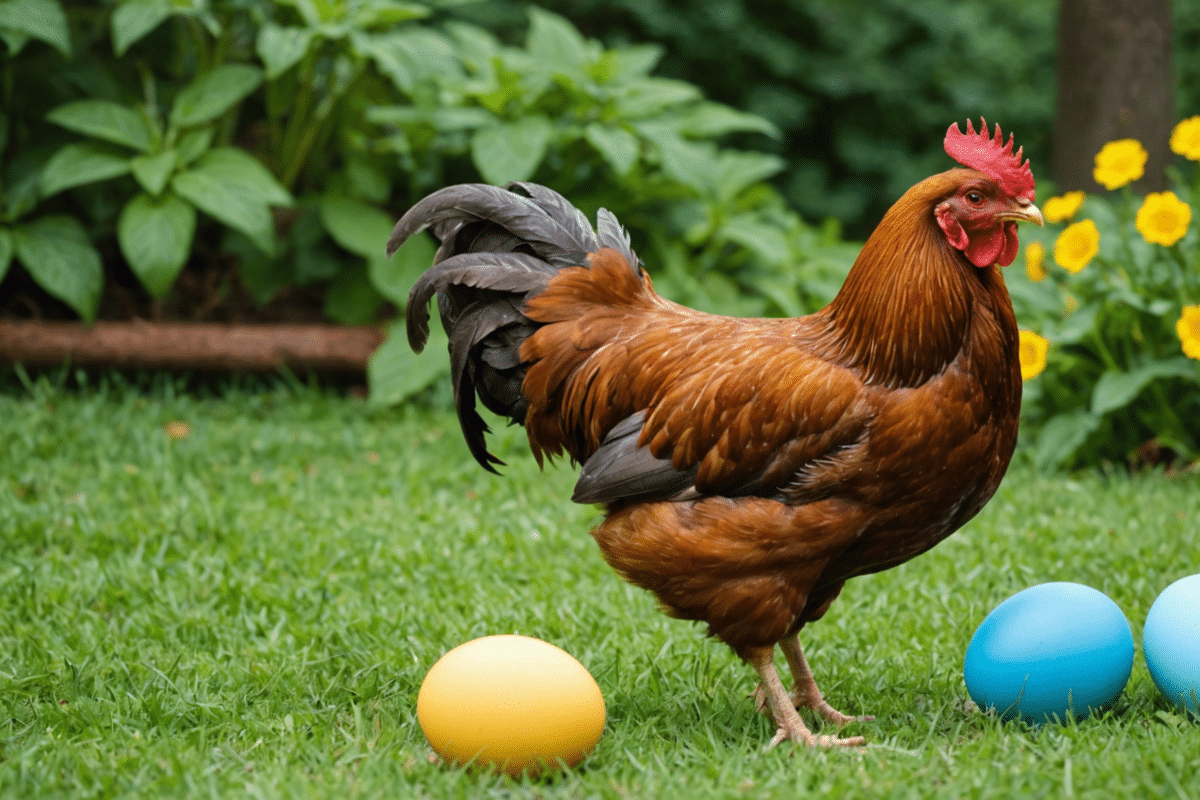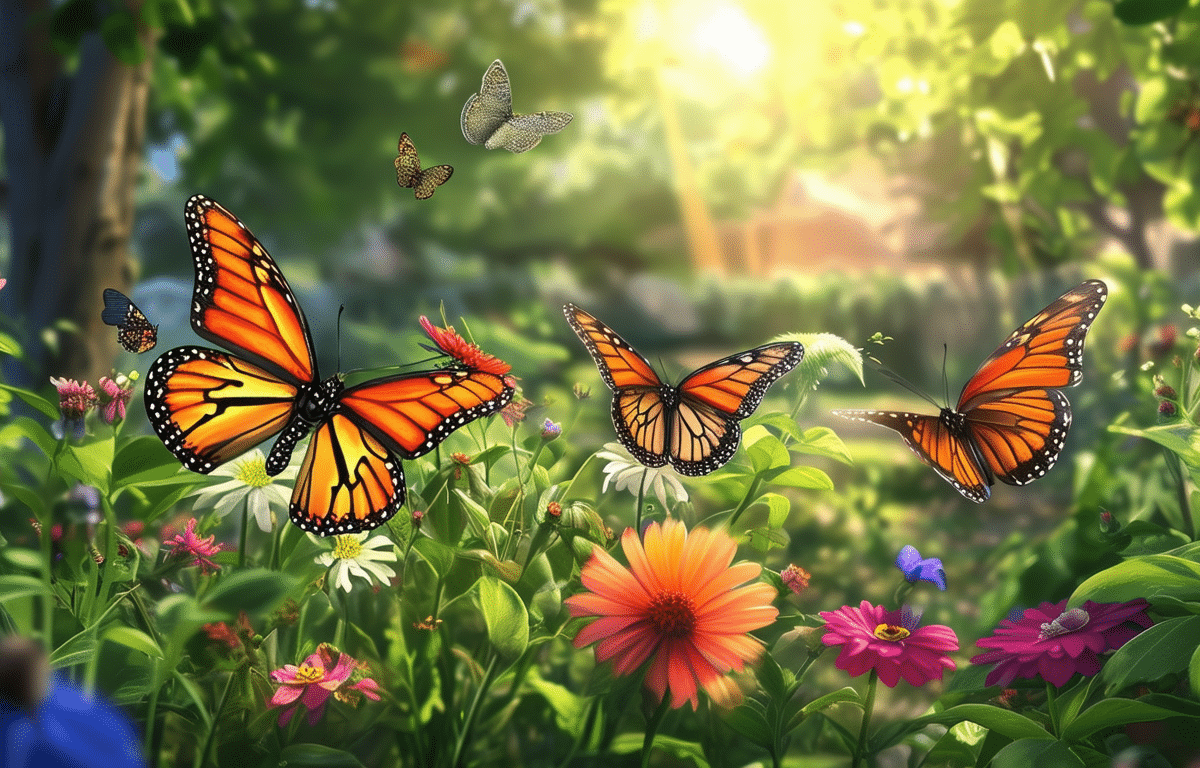Content
Engaging with the natural world often reveals a tapestry of astounding behaviors and ecological phenomena. Among these is the curious case of avians interacting with poppy plants—a spectacle both fascinating and concerning for the balance of our ecosystems. The relationship between these birds and opium-yielding plants presents a compelling subject for examination.
Basic Understanding of Bird and Poppy Dynamics

In the quest to understand the intricate dance between wildlife and plants, it is essential to grasp the fundamentals of the roles each play in their shared environment. Birds, as we know, are critical pollinators and seed dispersers, often contributing to the health and propagation of a multitude of plant species. On the other side, poppies, with their seductive blooms, attract a variety of fauna, but they also contain opiate compounds that, when ingested, can lead to unusual behavior in animals, potentially altering natural processes.
The Alarm Raised by Habituated Birds
Notable reports have surfaced across media outlets, detailing incidents involving birds, such as parrots, engaging excessively with poppy plants. These interactions exceed typical foraging; the birds seem to be fixated on the narcotic effects of the opium in poppies. Their relentless pursuit to feed on the plants has caused a disturbance not just in the ecosystem but has also affected agricultural practices, notably in regions where poppy farming is prevalent.
- An increase in poppy plant predation by birds may lead to a decline in the plants’ propagation.
- Heightened bird activity can disrupt the ecological balance, affecting other species in the food web.
- Agricultural losses incurred through damaged crops pose economic challenges for farmers and communities.
Case Studies from Around the World
Each geographic location offers a unique set of circumstances that allow us to piece together the larger narrative of this issue. In India, media have spotlighted the struggles of farmers contending with flocks of opium-addicted parrots. These parrots cleverly evade human detection and consume significant portions of poppy crops, leading to tangible economic loss and raising questions about the well-being of the birds themselves. Similarly, reports from Tasmania have observed cockatoos consuming the poppy seeds, though research indicates these birds are not necessarily addicted but are drawn by the nutritious value of the seeds.
The Impact on the Ecosystem
Considering the broader ecological perspective, the behavior of these opium-inclined birds signifies a potential shift in the environment. Animals that deviate from their natural diet due to the allure of opium-enriched foods might forsake other vital nutritional sources. This shift can cause a ripple effect—altering the distribution of species, influencing pollination patterns, and possibly affecting predator-prey dynamics. An ecosystem’s health relies on delicate checks and balances, and any significant tilt in one direction could have a cascade of repercussions.
Responses and Solutions
Addressing the complexities of this plight involves a multidimensional approach. Stakeholders, including conservationists, farmers, and governments, are seeking strategies to mitigate the impact on both the avian population and agricultural yield. Methods range from creating deterrents for the birds, exploring alternate farming practices, and sometimes, rehabilitating wildlife that has become too dependent on these crops. In Slovakia, there have been instances of swans requiring assistance to overcome their poppy-induced tendencies, embodying the compassionate response humans can take in helping afflicted wildlife.
FAQs on Avians and Opiate Addiction
- Can birds become addicted to opium from poppies?
- While opium-addicted birds have been observed, the extent of psychological addiction as experienced by humans is still under investigation.
- What are the implications for ecosystems when birds consume opium?
- Altered behavior in birds could disrupt pollination, seed dispersal, and predator-prey relationships, potentially destabilizing the ecosystem.
- How are farmers responding to this challenge?
- Farmers are looking at various deterrent methods and also seeking guidance and support from agricultural and wildlife experts.
- Is there a role for wildlife conservationists in this scenario?
- Conservationists are crucial in researching and developing humane methods to prevent addiction and rehabilitate affected bird populations.
In our quest to unearth the implications of this natural quirk, it is clear that informed and compassionate action is requisite. The fascination elicited by witnessing wildlife, such as birds and their behaviors, should be coupled with a robust commitment to preserving the intricate balance of our ecosystems. The path forward must be navigated with an understanding that our feathered friends and opiate plants exist in a complex, interdependent web of life, where each thread is vital to the whole.


